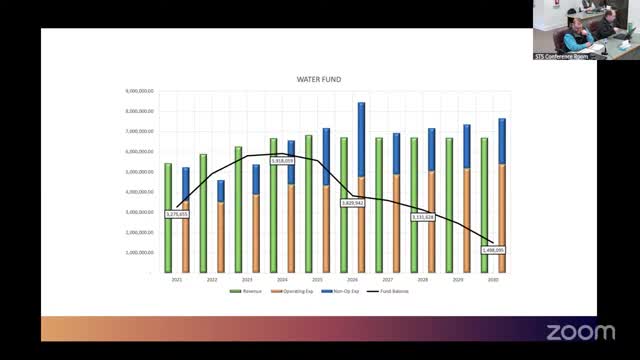Article not found
This article is no longer available. But don't worry—we've gathered other articles that discuss the same topic.
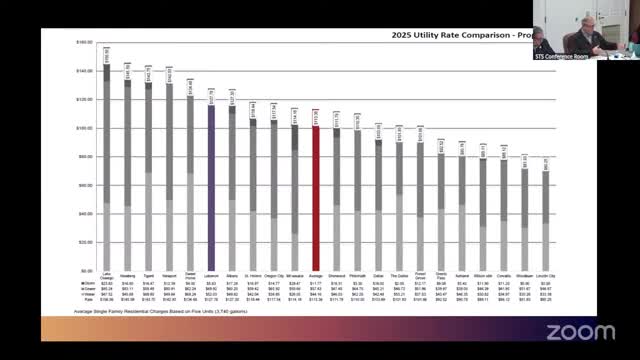
Lebanon Strawberry Festival organizers present attendance, finances and safety planning to council
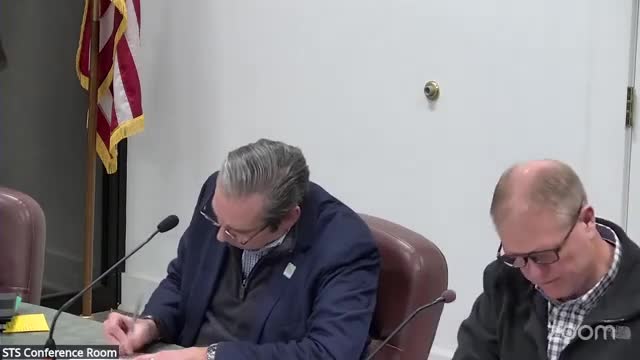
Council removes parking on portion of C Street to improve Republic Services turnaround
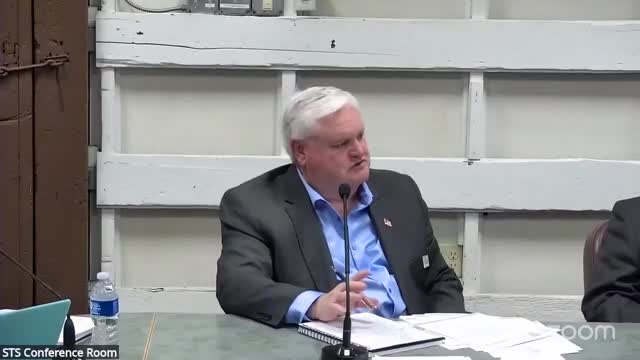
Council directs staff to draft ordinance easing backyard‑chicken limits to 1 per 1,000 sq. ft., max 12
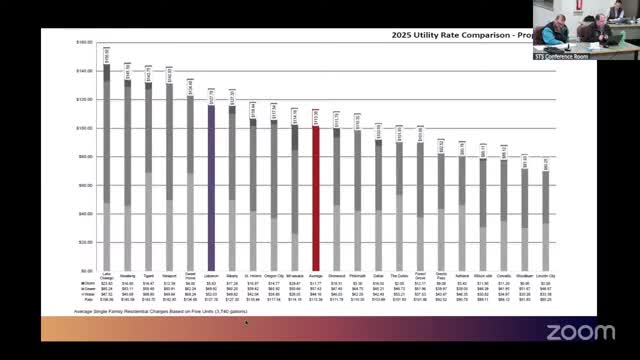
Lebanon council endorses policy that park rental fees not be waived; refers applicants to Chamber grants
